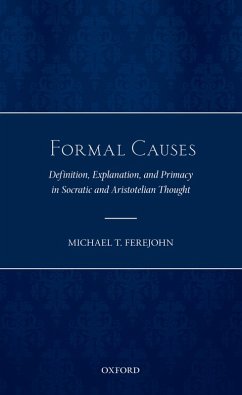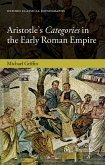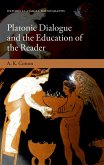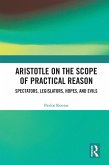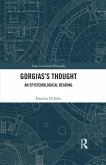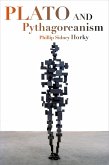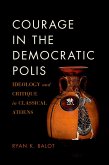Michael T. Ferejohn presents an original interpretation of key themes in Aristotle's classic works, and their roots in Socratic thought. The principal historical thesis of this work is that Aristotle's commendation of the historical Socrates for 'being the first to pursue universal definitions' is explainable in part by Aristotle's own attraction to the 'formal cause' (or definition-based) mode of explanation as providing justification for scientific knowledge. After exploring the motives behind Socrates' search for definitions of the ethical virtues, Ferejohn argues that Aristotle's commitment to the centrality of formal cause explanation in the theory of demonstration he advances in the Posterior Analytics is at odds with his independent recognition that natural phenomena are best explained by reference to efficient causes. Ferejohn then argues that this tension is ultimately resolved in Aristotle's later scientific works, when he abandons this commitment and instead evinces a marked preference for explanation of natural phenomena in terms of efficient as well as so-called final (teleological) causes. This tension between formal and efficient cause explanations is especially evident in Aristotle's discussions of events such as thunder and eclipses in Posterior Analytics B 8-10. In the later chapters of the book Ferejohn defends a novel interpretation of Aristotle's manner of treating these phenomena that depends on his fourfold classification of scientific questions and the presupposition relations he believes to hold among them. The final chapter turns to the role of definition in Aristotle's mature ontology. Ferejohn argues that in Metaphysics Z 17 he proposes a treatment of kinds of composite substances parallel to that of thunder and eclipses in the Posterior Analytics, and that this treatment is a crucial element in his sustained argument in Metaphysics Z and H that such kinds are definable unities.
Dieser Download kann aus rechtlichen Gründen nur mit Rechnungsadresse in A, B, BG, CY, CZ, D, DK, EW, E, FIN, F, GR, HR, H, IRL, I, LT, L, LR, M, NL, PL, P, R, S, SLO, SK ausgeliefert werden.

